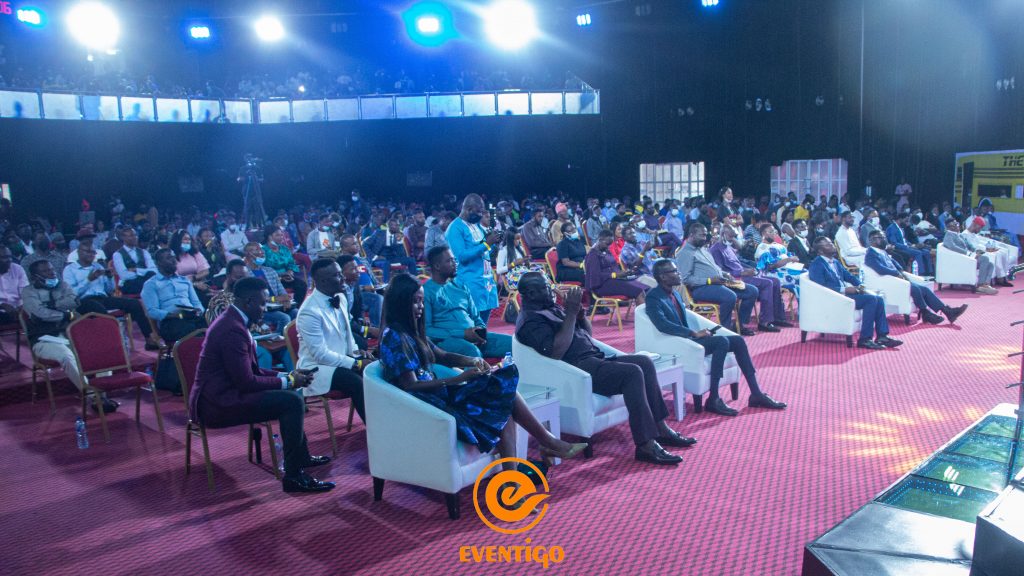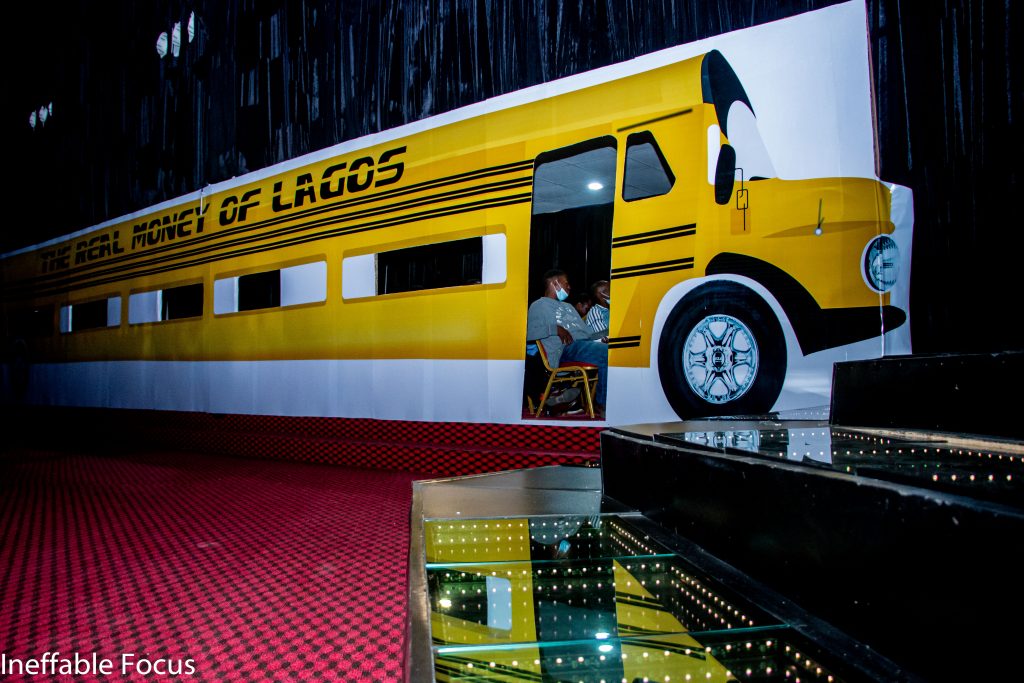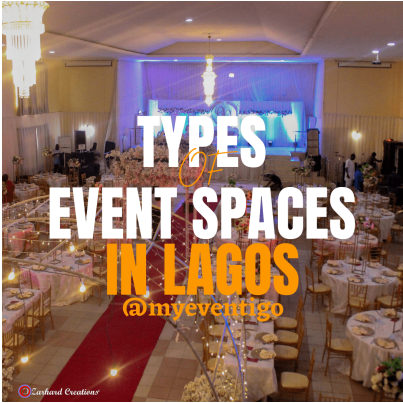A corporate event is an event sponsored by an organization with a clear objective(s) and targeted at its clients, employees or attracting new clients. Depending on the objective, different types of events meet different objectives. Without doubt, corporate events offers an opportunity to foster company-wide growth and meet company’s goals.
It is important for us to understand the distinctions between varying corporate events and which one would work best for your next corporate event. Here are some broad categories of corporate events you can have.

- Conferences:
Conferences are significant events that last several days and focus on a single corporate subject. A keynote speaker, an official program, and an official subtopic, panel sessions are present at conferences. Typically, it begins with a single lengthy session, then split into smaller (focus group) meetings, concluding with a formal presentation. Within a conference, it is very normal to have workshops and trade shows.
The goal of a conference is for delegates to learn more about the subject under discussion, inspire them and use the knowledge received to solve challenges. A conference design can be theoretical, practical or both. Conferences are an excellent opportunity to encourage networking and cooperation among guests.
- Seminars:
Seminars are educational events arranged to educate participants about a particular topic. Seminars are usually intellectual in nature and have smaller audience compared to conferences.
Seminars offer a good chance for collaboration and learning. It also promotes industry wide best prices and information sharing. They are usually more focused and interactive than conferences and may include focus group discussions and question and answer sessions.
- Trade shows and exhibitions:
These events are designed to showcase products and services to potential customers and industry professionals. Companies may rent a booth or exhibition space to display their products, sell and engage with attendees. These events usually have many companies in attendance and can be industry specific or customer needs focused.
Trade shows typically take place in large spaces. For better exposure, companies can sponsor a trade show, advertise in the brochure and much more.
- Product launches
Product launches are events that introduce a new product or service to the market. They may include presentations, demonstrations, product interaction, media presence and networking opportunities. The benefit of this type of event is that it helps a company generate buzz around her latest product or service. Representatives from the media are invited so they can write and talk about the product and launch and generate more interest. This applies majorly to companies with Business to Consumers (B to C) products. Attendees typically leave with company branded items like pens, swag bags, tote bags, pop sockets etc
- Team building events:
Team building events are designed to help employees bond and develop better working relationships, improve communication and problem solving. They may be for a full day or half a day. The hallmark of team building/bonding events is carefully curated activities. Popular team bonding activities include games, paint balling, obstacle courses and other forms of physical and mental challenge.
- Company retreats:
Company retreats are off-site events designed to give employees a break from their daily routine and encourage teamwork and collaboration. Company retreats usually involve more than one day event plan and employees would have to travel to an off-site location. They may include team-building activities, workshops, and social events. Many company retreats incorporate work sessions to brainstorm company strategy, re-ignite the vision and culture of the company to her employees.
- Annual general meetings:
These are formal events where a company’s shareholders and board of directors come together to discuss the company’s financial performance, elect board members, and make important decisions.

- Milestone celebration:
Companies can choose to host events for various milestones and anniversaries. The structure, scope and size of the event varies depending on the company’s brand strategy. Typically, this celebration involves customers, vendors, industry leaders and media.
- End of Year Party
An End of Year party is a way for companies and businesses to appreciate their employees for their hard work all year round. This type of event typically holds at the end of the year, which makes it an extra festive event. Companies can choose to hold the party in their office or at an off-site event venue, depending on the size of the company. There is usually lots of food, drinks, and entertainment. It is important to note that an End of Year party is not restricted to employees alone. It can include stakeholders, customers, business partners etc
These are just a few examples of the many types of corporate events that your company can organize to achieve her goals. Have an event coming up? Let’s get you on the right track. Send us your event brief.




This article is a strategic powerhouse! It brilliantly explores 9 types of corporate events, offering a roadmap for powerful company positioning. A must-read for businesses seeking innovative ways to enhance their brand presence and engage effectively. Invaluable insights for corporate event planners!